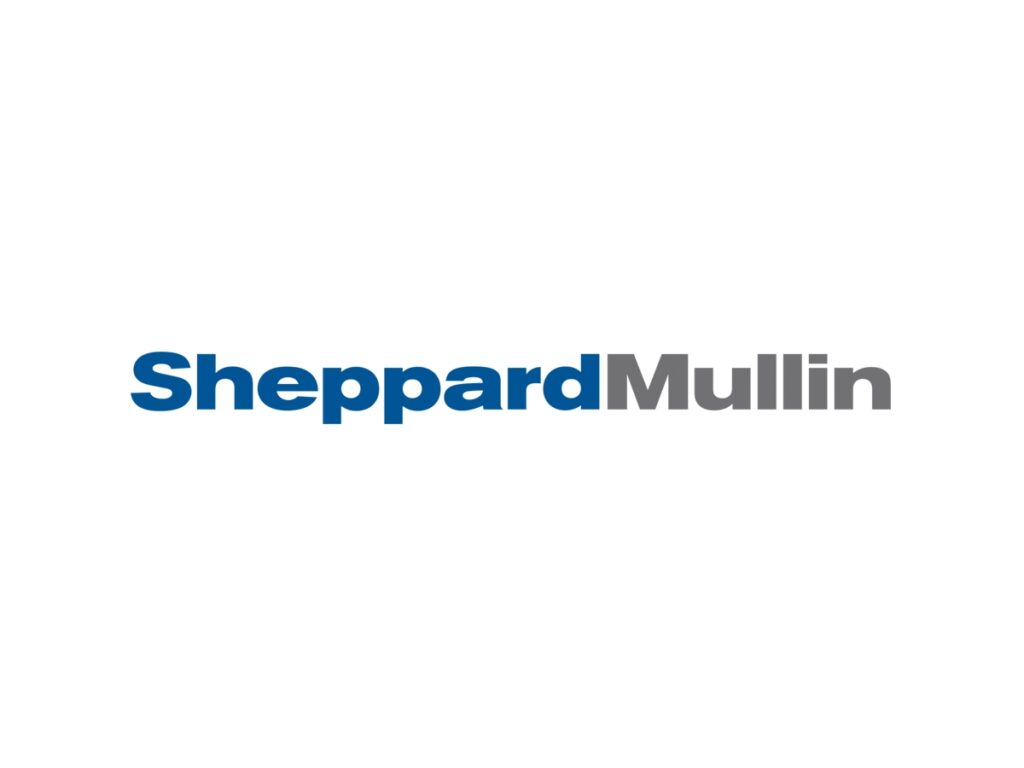[co-author: Sam Smith*]
This is a boom time for trade secret litigation in the U.S. The underlying conditions driving the boom include the growing mobility of the global workforce, the ease with which electronic data can be captured and moved, the emergence of nation-state actors participating in the theft of information in the global marketplace, and the time-limited benefits and uncertainties of patent litigation. Also fueling this rise are the federalization of trade secret laws with the Defend Trade Secrets Act (DTSA), the extraterritorial application of such laws to acts committed outside the U.S., and the availability of robust legal remedies in the U.S. for trade secret misappropriation. For companies seeking remedy against trade secret misappropriation, the United States offers unparalleled advantages as a legal venue: extraterritorial application of its laws combined with a broad range of monetary remedies in U.S. District Courts and the powerful exclusion of goods at the border offered in U.S. International Trade Commission (ITC) Section 337 proceedings. For international companies doing or planning to do business in the U.S., understanding the risks of lawsuit is now critical.
Trade Secret Litigation in U.S. District Courts
Under the DTSA, U.S. District Courts can award damages for misappropriated trade secrets provided that any act in furtherance of the misappropriation occurred within the U.S. The damages can include lost profits, disgorgement of profits, head-start damages, and exemplary damages and attorney’s fees. This means that even if the misappropriation primarily took place outside the U.S., plaintiffs still can recover damages for lost profits made worldwide, disgorgement of global profits, and cost savings of the defendants on a global scale. A prior blog post covers the Seventh Circuit’s appellate court ruling recognizing the range of available monetary remedies for acts of trade secret misappropriation occurring outside the U.S.
Trade Secret Litigation at the ITC
Independent of U.S. District Courts, the ITC offers a powerful remedy for protecting trade secrets. The ITC has authority to exclude imports that are the product of misappropriated trade secrets. Regardless of where the trade secrets were misappropriated, the ITC can issue exclusion orders that bar the offending goods from entering the U.S. market. For example, in 2021, the ITC issued a 10 year exclusion order on SK Innovation’s electronic vehicle batteries when LG Chem successfully argued that SK Innovation had misappropriated trade secrets, including by hiring former LG Chem employees and using LG Chem’s trade secret information they shared with their new employer. SK Innovation then settled with LG Chem for 1.8 billion dollars to avoid the exclusion order.
While the ITC has worldwide jurisdiction over respondents (defendants) who import goods into the U.S., complainants (plaintiffs) must prove a U.S. domestic industry exists related to the goods the complainant seeks to protect. In addition, for trade secret cases, the complainant must plead a specific theory concerning the existence of a threat or effect to destroy or substantially injure a domestic industry.
Choosing a Forum
Many factors go into deciding whether to litigate a trade secret claim in district court or at the ITC including:
- Nature of the Remedy Sought – While U.S. District Courts offer monetary remedies, the ITC offers exclusion orders.
- Speed to Resolution – ITC cases on average take 19-20 months from the filing of the complaint until a final determination is reached, with the time from “file to trial” routinely consuming less than 12 months. By contrast, district court litigation can take well over 2 years to reach a trial and disposition. This of course affects cost.
- Jurisdiction – As discussed above, the ITC has worldwide jurisdiction while defendants must be subject to personal jurisdiction in U.S. District Court.
- Discovery – Discovery in U.S. District Court is very extensive while discovery at the ITC typically is more streamlined and focused, with discovery responses normally due 10 days after service of the request, compared with 30 days in U.S. District Court.
- Adjudicator Expertise – Administrative law judges at the ITC deal with intellectual property every single day. U.S. District Court judges have varying experience with trade secret law.
- Preclusive Effects – Unlike a final determination on the merits at the ITC in a patent dispute, an ITC ruling regarding trade secret misappropriation generally must be recognized and followed by the U.S. District Court, i.e., a defendant cannot re-litigate the same claims in the U.S. District Court.
Takeaways
Weighing the different factors associated with choosing a forum for trade secret misappropriation claims is complex. Choosing a proper strategy is vital to safeguarding trade secrets. On the other side, defending oneself in either of these forums can be daunting. A loss can mean paying for damages calculated on worldwide profits and the exclusion of all accused products from U.S. markets.
*Sam Smith is a summer associate in the firm’s San Diego (Del Mar) office.
